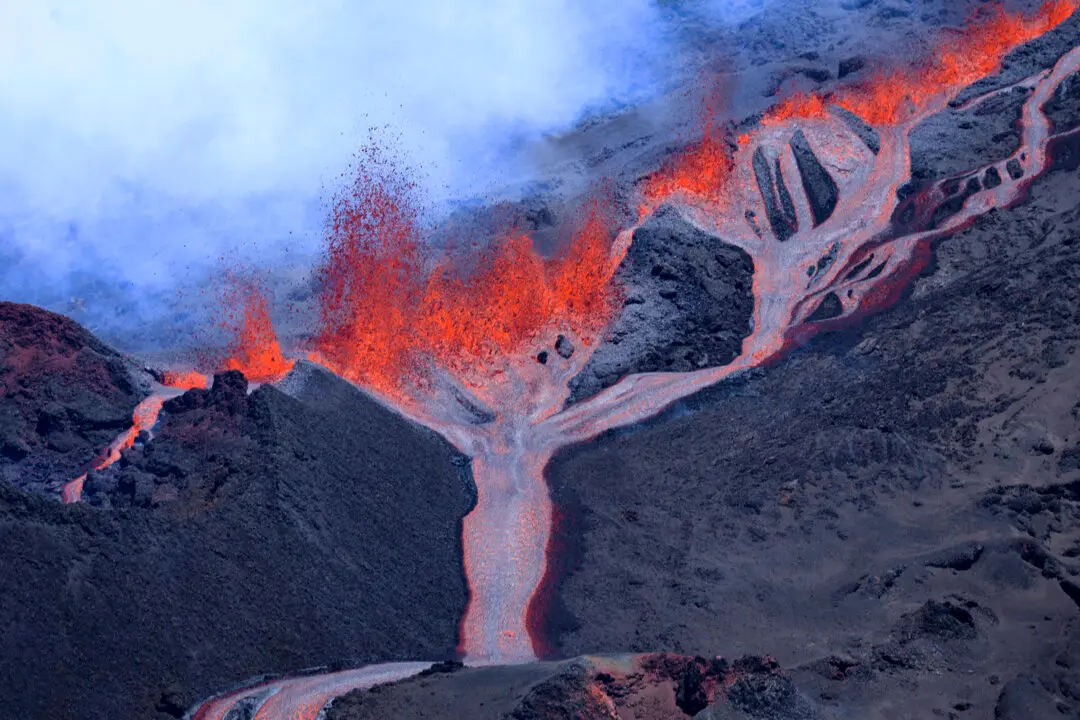Thursday, August 18, 2011
THEN
On August 18, 1227 Genghis Khan dies in camp while attempting to put down a revolt in the Chinese kingdom of Xi Xia. Before dying he requests his heirs keep his death a secret. Obeying his order, they kill any who catch sight of his funeral procession back to the Mongol capital of Karakorum, where he is buried in an unmarked grave. The location of the grave is still a mystery. Genghis Khan leaves behind an empire that stretches from northeastern China to central Asia and Russia, extending into what is now Kazakhstan. The Mongols distinct advantage over sedentary peoples was their horses. Societies that lived by farming could not afford to use farmland as pasture for horses; as nomads, the Mongols were able to breed far more horses. Khan’s entire army was mounted.
NOW
Today, Mongolia is split between the independent country of Mongolia and Chinese communist-ruled Inner Mongolia. Economic distress, unemployment, and ethnic discrimination in the latter region have led to protests and suppression recently. The turmoil began on May 10 when a herder was killed by a reckless truck driver who was transporting coal over the herder’s pastoral land. The killing led to the biggest protests against the regime in decades, as repressed and accumulated grievances bubbled forth in street marches and political slogans. Chinese authorities responded with heavy propaganda, a strong paramilitary presence, and blocked the Internet and telephones. A series of similar incidents of violence and response also took place in June and July. The causes of the incidents remain unresolved.




